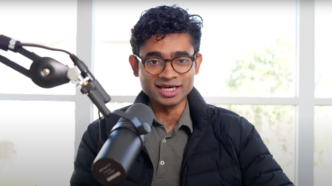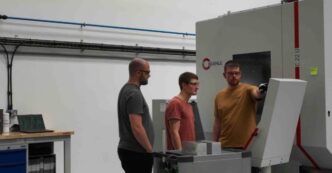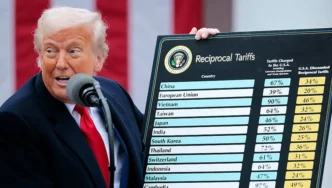OpenAI recently made headlines by offering $3 billion to acquire Windsurf, a fast-growing startup building AI-powered developer tools. But that offer wasn’t their first choice. In fact, OpenAI had initially set its sights on Cursor, a leading AI coding assistant developed by the red-hot startup Anysphere. However, things didn’t quite go as planned.
Sources close to Anysphere reveal that OpenAI approached the company with acquisition interest, but Anysphere wasn’t interested. The reason? Cursor is growing at a breakneck pace, reportedly doubling revenue every two months. According to insiders, the company’s annual recurring revenue (ARR) has already reached $300 million — a figure that puts it far ahead of most early-stage startups.
Despite multiple acquisition offers — including OpenAI’s — Anysphere has chosen to stay independent. Instead, the company is in talks to raise fresh capital at a whopping $10 billion valuation, according to Bloomberg. That decision underscores how confident Anysphere is in Cursor’s trajectory and its vision for the future of AI in software development.
OpenAI, however, didn’t walk away empty-handed. After failing to secure Cursor, it cast a wider net, reportedly engaging with over 20 other startups in the AI coding space. Its next move? A $3 billion offer to Windsurf, another rising star in the AI developer tools arena.
Windsurf, though smaller than Cursor, is growing fast in its own right. The startup has jumped from $40 million in ARR in February to $100 million recently, sources say. Developers have taken notice, especially those working with older enterprise systems — a space Windsurf has tailored its tools to serve.
By acquiring a company like Windsurf, OpenAI can speed up its push into the AI coding assistant market without starting from scratch. That’s crucial as competition intensifies. Both Google’s Gemini and China’s DeepSeek are challenging OpenAI with cheaper pricing models and coding tools that outperform ChatGPT on key developer benchmarks. Even Anthropic has entered the ring with models gaining traction among coders.
Faced with this mounting pressure, OpenAI appears to be shifting strategy. Instead of focusing solely on building from the ground up, it’s looking to accelerate growth by acquiring proven, developer-loved tools. As Chris Farmer, CEO at SignalFire, noted, OpenAI’s moves at the application layer could be “existential” — critical for maintaining its dominance in the generative AI ecosystem.
For venture capitalists betting on developer-focused AI startups, OpenAI’s acquisition spree is a signal worth watching. The race to lead the AI coding assistant market is heating up — and everyone wants a front-row seat.













